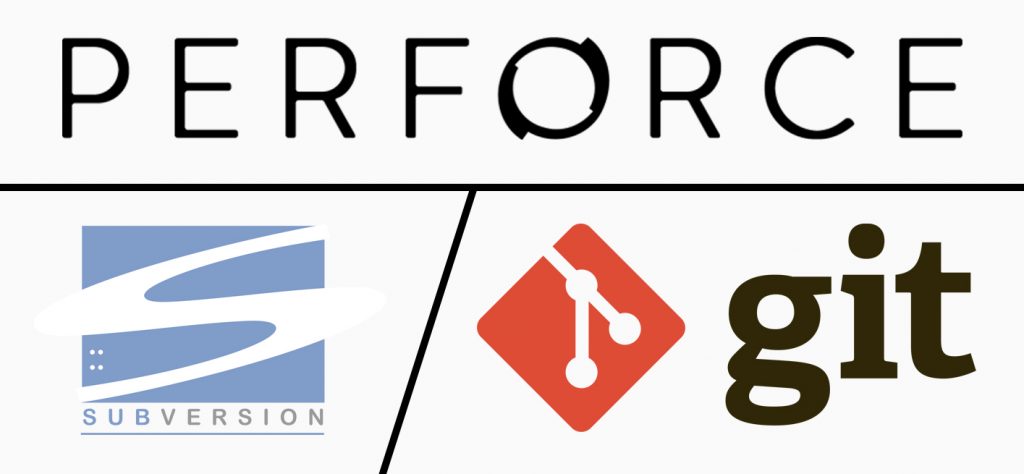
Choosing a VCS (Version Control System) for game development is not as easy as in regular development. Where a choice is a no-brainer these days.
Gamedev is different in that regard because:

Choosing a VCS (Version Control System) for game development is not as easy as in regular development. Where a choice is a no-brainer these days.
Gamedev is different in that regard because:

I am starting a series of blog posts solely dedicated to my new game project. I haven’t named it yet. But it is an action platformer about a robot that wants to escape from other robots, evil robots. The story takes place in a distant future on a faraway planet. The project is currently in a prototype stage – I made four prototypes that test game mechanics. And now I am working on the first level.
But this record I want to be about another project I started and abandoned. I really liked the idea – create a game about a topographer. The main activity would be to make maps. Following my game prototype approach, I went through several iterations and figured out that the game is quite boring and bland – there seems to be nothing in the game except walking between trees and stones and looking into your binoculars. I decided to put it in a box.
You may have heard about the famous 12 principles of animation. Two Disney animators formulated and introduced them in 1981. These principles are really important if you care about how the animation looks in your movie or game.
In Amazin Escape, the game I am working on now, the main protagonist is a jumping lamp. It jumps all the time and certainly different kinds of animations are an essential part of the game. When I worked on them I tried to follow the principles thoroughly.

There are a few striking differences between Enterprise Software Development and Game Development. I am talking about differences here because at first sight these two things are similar. Both include coding on the same set of languages (C#, C++), both produce software. But this is where the similarities end.
I got used to a methodological approach in developing a software for business. There are a lot of academic researches which goal is just to improve a development process itself. This is where Agile and Scrum came from. This lead to things like CI and CD and Docker, Kubernetes, etc. And this is what Game Development industry has a lack of. For instance, you need a good reasoning for choosing a mono-repository systems to store your source code. But for gamedev industry Perforce is a default tool.